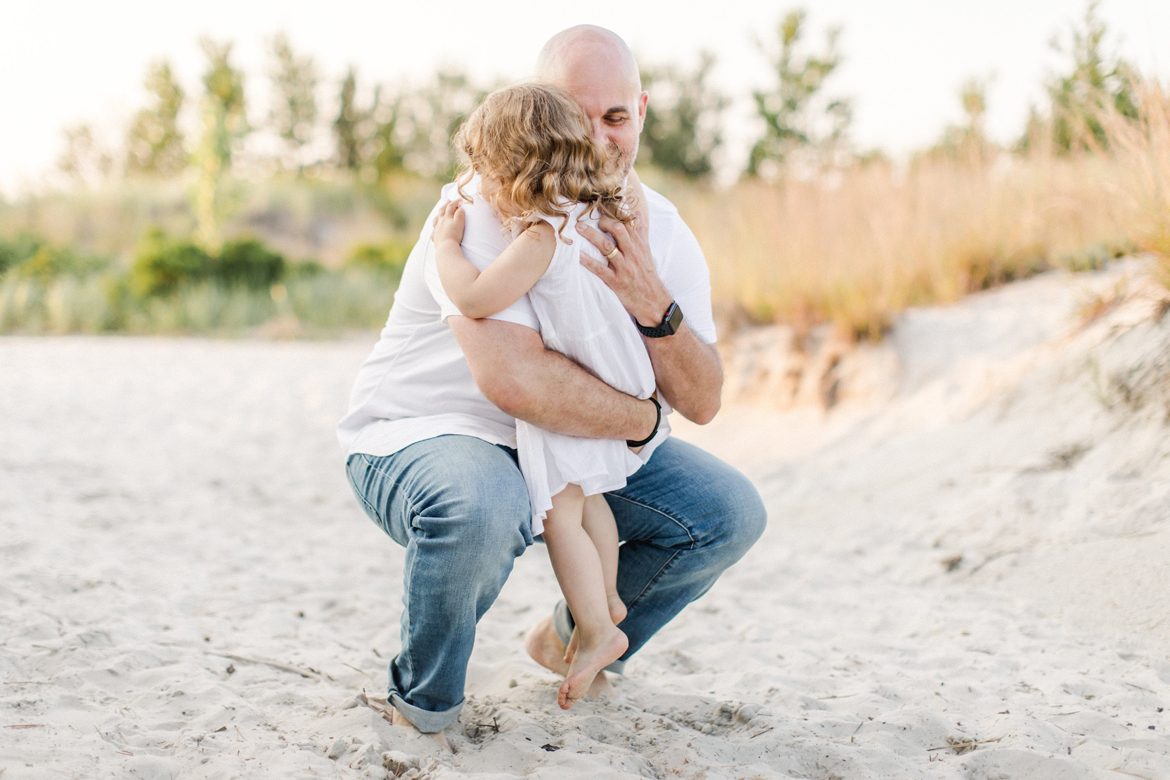By Catherine Wade, University of Sydney and Julie Green, University of Melbourne
We know from new research that children whose mothers are depressed may respond differently to stress, have altered immunity and be at greater risk of psychological disorders. This work adds to the body of research showing children can be affected in negative and long-term ways by their mothers’ mental ill-health.
But what about dads?
Men’s mental health is more on the societal radar these days – but less so in terms of fatherhood. This area has been relatively under-researched. So how important is a father’s mental health to the way their child grows and develops? Very important, as it turns out.
Dads have a powerful impact on their kids
Fathers’ mental health and the quality of their co-parenting relationships have a powerful impact on child development. Evidence shows fathers who are sensitive and supportive have children who develop better social skills and language, regardless of socioeconomic status, race and ethnicity.
Research also shows when fathers experience mental illness, their children are at higher risk of behavioural and emotional difficulties. The magnitude of this risk is similar to when mothers experience mental illness.
Data from the Longitudinal Study of Australian Children show fathers who experience snowballing distress report being less consistent in setting and enforcing clear expectations and limits for their child’s behaviour, and show less warmth and greater hostility towards their children by the time the child is eight to nine years of age.
Evidence shows fathers who are sensitive and supportive have children who develop better social skills and language, regardless of socioeconomic status, race and ethnicity.
There is also emerging evidence to show supporting fathers’ mental health early in their parenting journey has positive effects on children.
We also know in order to thrive, develop well and sail relatively smoothly through to maturity, children need parents who feel confident, supported and equipped with the right skills to navigate the sometimes choppy waters of parenting.
It’s critically important we understand how both mothers and fathers are doing when it comes to mental health. For the sake of their own health and the well-being of their children.
New insights on Australian dads
Recent research conducted by the Parenting Research Centre sheds some new light on the mental health of Australian fathers. The research found one in five dads has experienced symptoms of depression and/or anxiety since having children. This includes nearly one in ten dads who report experiencing postnatal depression.
This may sound surprising, but it gives us reliable Australian data from the perspectives of a large and representative sample of fathers. It’s drawn from a new analysis of the Parenting Today in Victoria survey of 2,600 parents, 40% of whom were dads.
Fathers with poorer mental health told us they were less likely to feel effective as parents and were less confident in their own parenting. They were more critical of, less patient and less consistent in parenting behaviours with their children. They also spent less time with them, were less likely to be involved with their child’s school or early education service and less likely to feel confident about helping them with their school work.











